End of Year Reflections
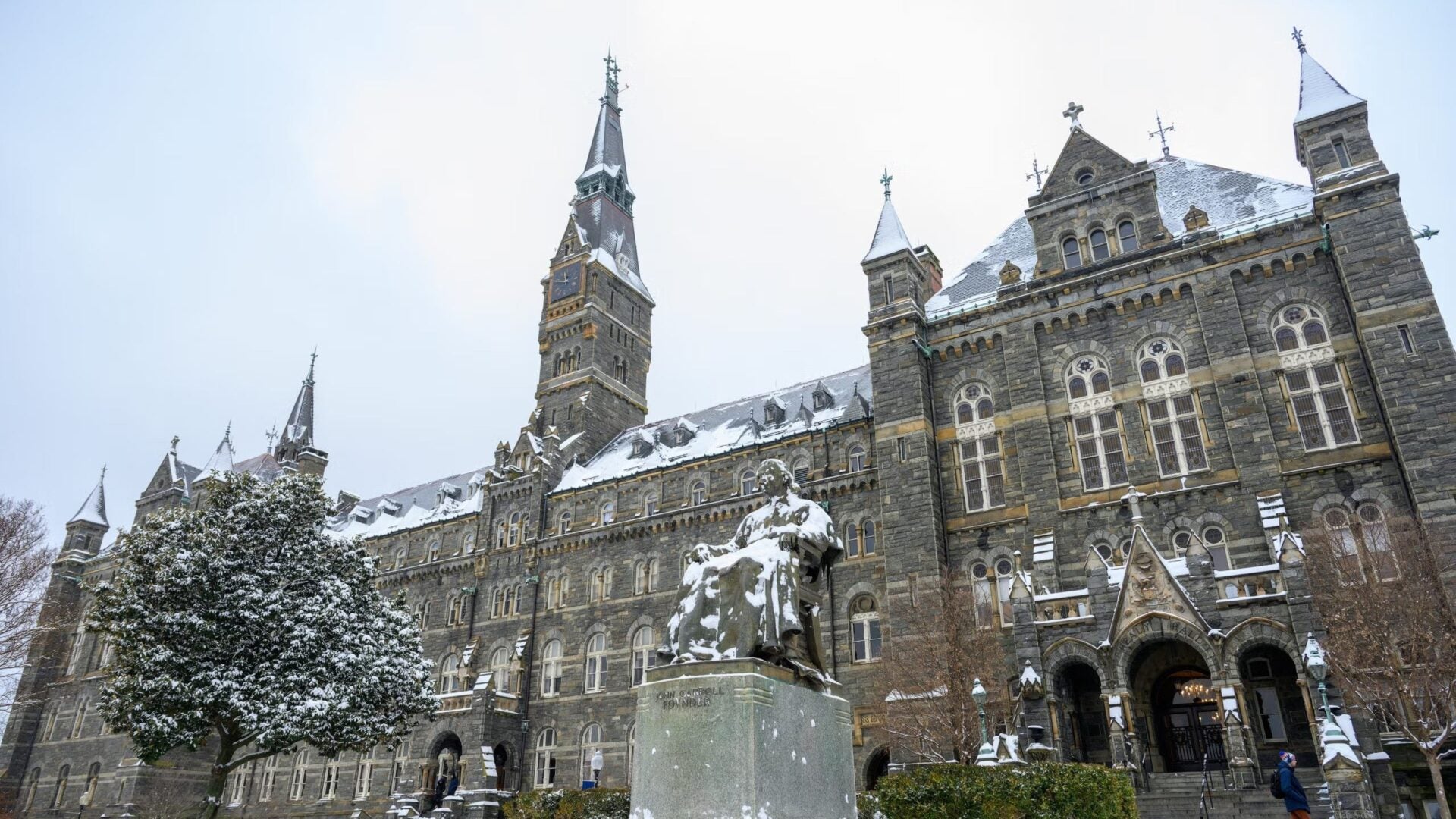
This year has been a particularly challenging time for women around the world. Afghan women have been systematically stripped of their human rights by the Taliban. They are barred from schooling, from the workplace—even from raising their voices in public. Conflicts rage around the globe, from Sudan to Ukraine and beyond, taking the greatest toll on women and their families and abrogating international law. This was the year of the greatest number of elections globally, but it did not usher in a new era of women’s political leadership as many had hoped. Instead, we saw a dramatic increase in the rise of authoritarian regimes and in technology-facilitated violence targeting women in politics.
But this is not the full story. Today, women on the frontlines are working to resolve conflicts, protect human rights, and advance economic opportunity. Despite setbacks and challenges, they are working to build peace, end cycles of violence, and address climate change. They are leaders and changemakers with whom we are privileged to work.
Next year—2025—will mark 25 years since the UN Security Council adopted the landmark resolution on Women, Peace and Security, which recognized the critical role women play in peacebuilding. It will also mark the 30th anniversary of the historic Beijing Women’s Conference, which chiseled women’s rights as human rights into international law. We look forward to leveraging this milestone year in ways that advance progress for women and a better world.
Top 10 ways we advanced women’s leadership in peace and security this year
1. We launched the first-ever Women, Peace and Security Conflict Tracker, which provides an overview of key risks and opportunities for women in 25 conflict-related countries, as well as each country’s conflict status and WPS trajectory. The conflict tracker documents the impact of conflict on women and recommends critical interventions. We were proud to launch the conflict tracker at the Carnegie Corporation in New York before a large group of UN officials and policymakers, pictured here. We also held a launch event at the Embassy of Denmark in Washington, D.C.
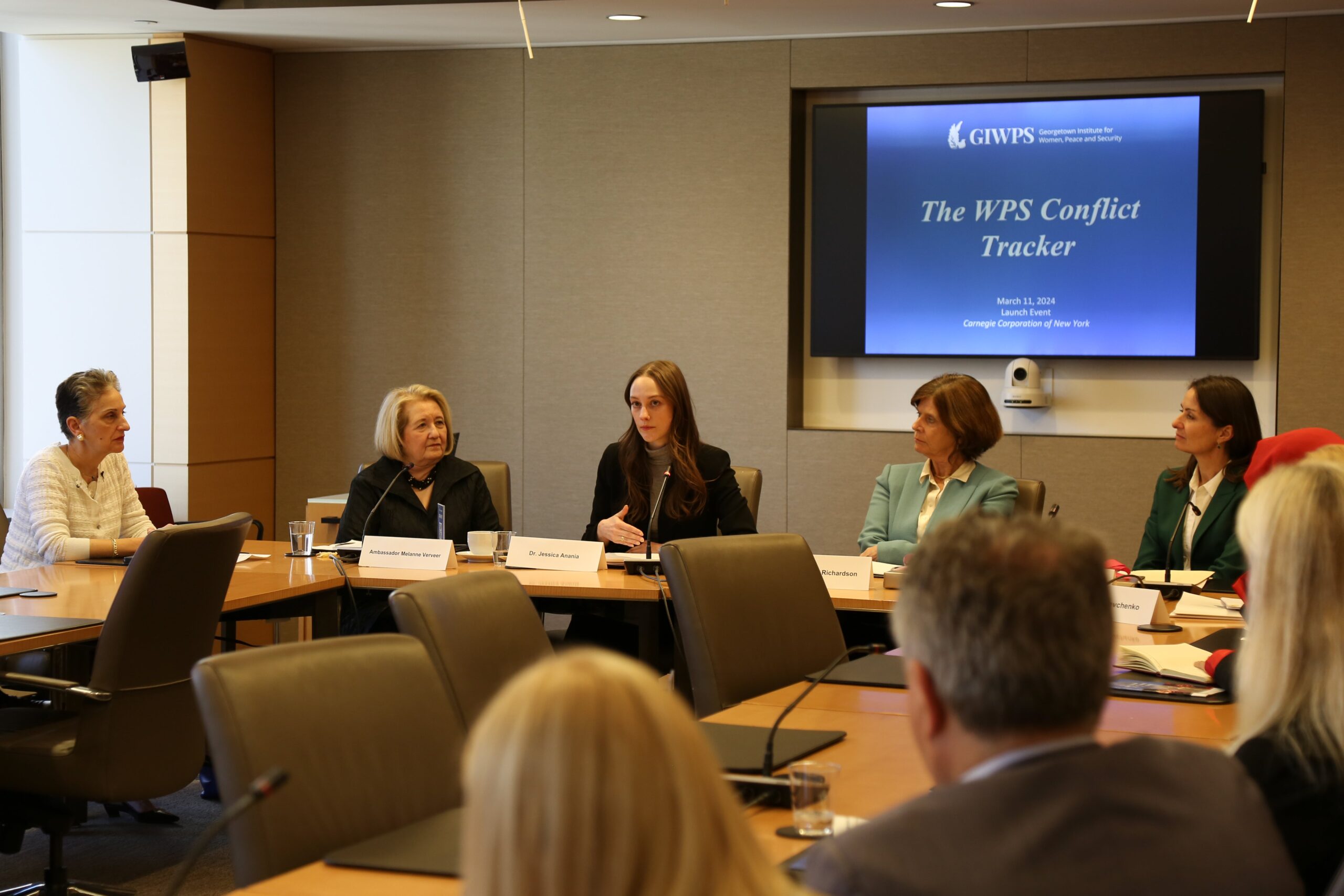
2. We convened women leaders in peacebuilding from Sudan, Ukraine and Afghanistan to identify policy and advocacy priorities. We elevated their recommendations during our Global Women Leaders’ Summit with current and former women heads of state and foreign ministers at the Rockefeller Foundation’s Center in Bellagio, Italy.
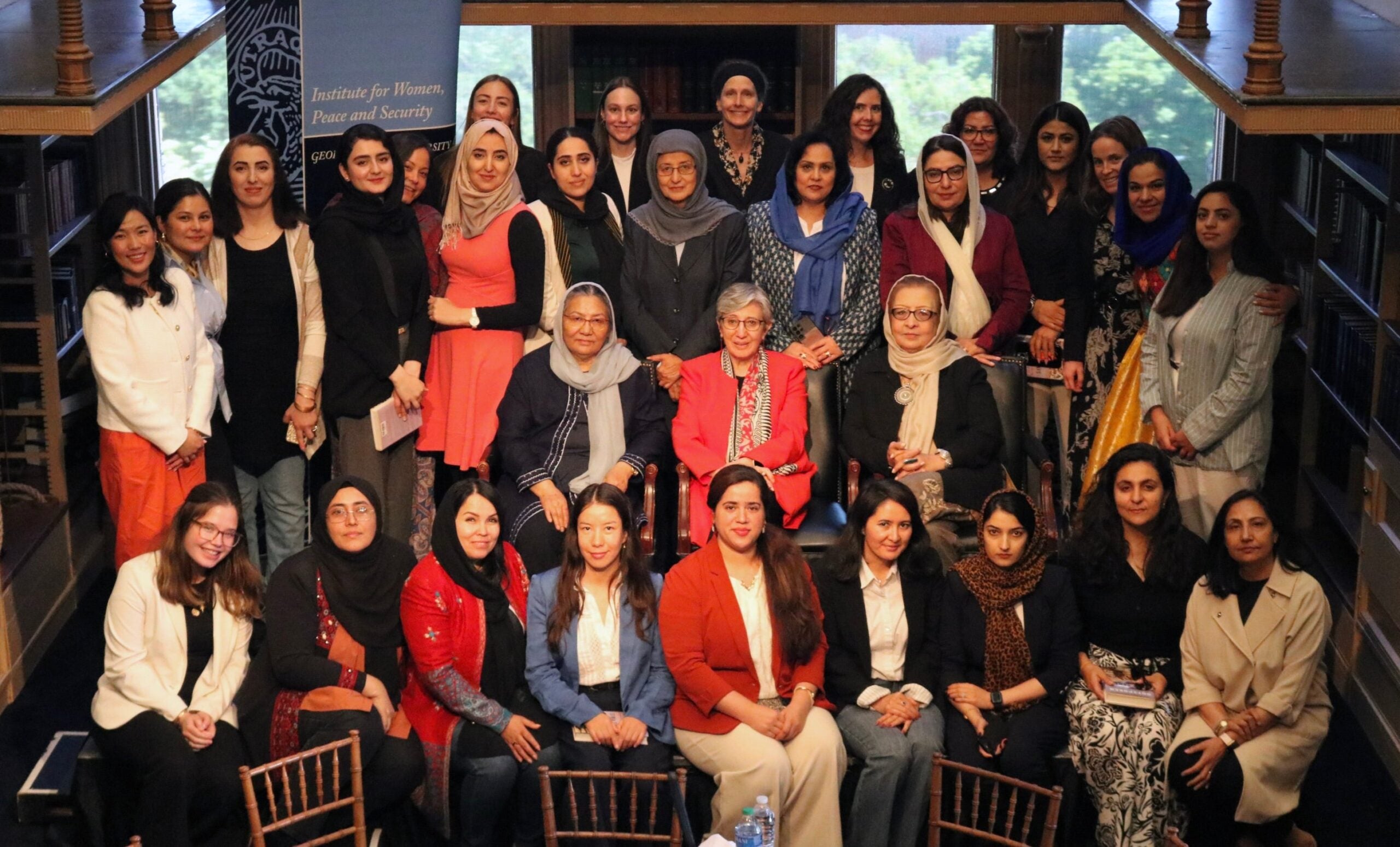
3. We inaugurated a new MENA Women Peacebuilders Initiative to strengthen the role of women in conflict resolution across the Middle East and North Africa in collaboration with the Qatari State Ministry for International Cooperation and in partnership with Georgetown University Qatar.
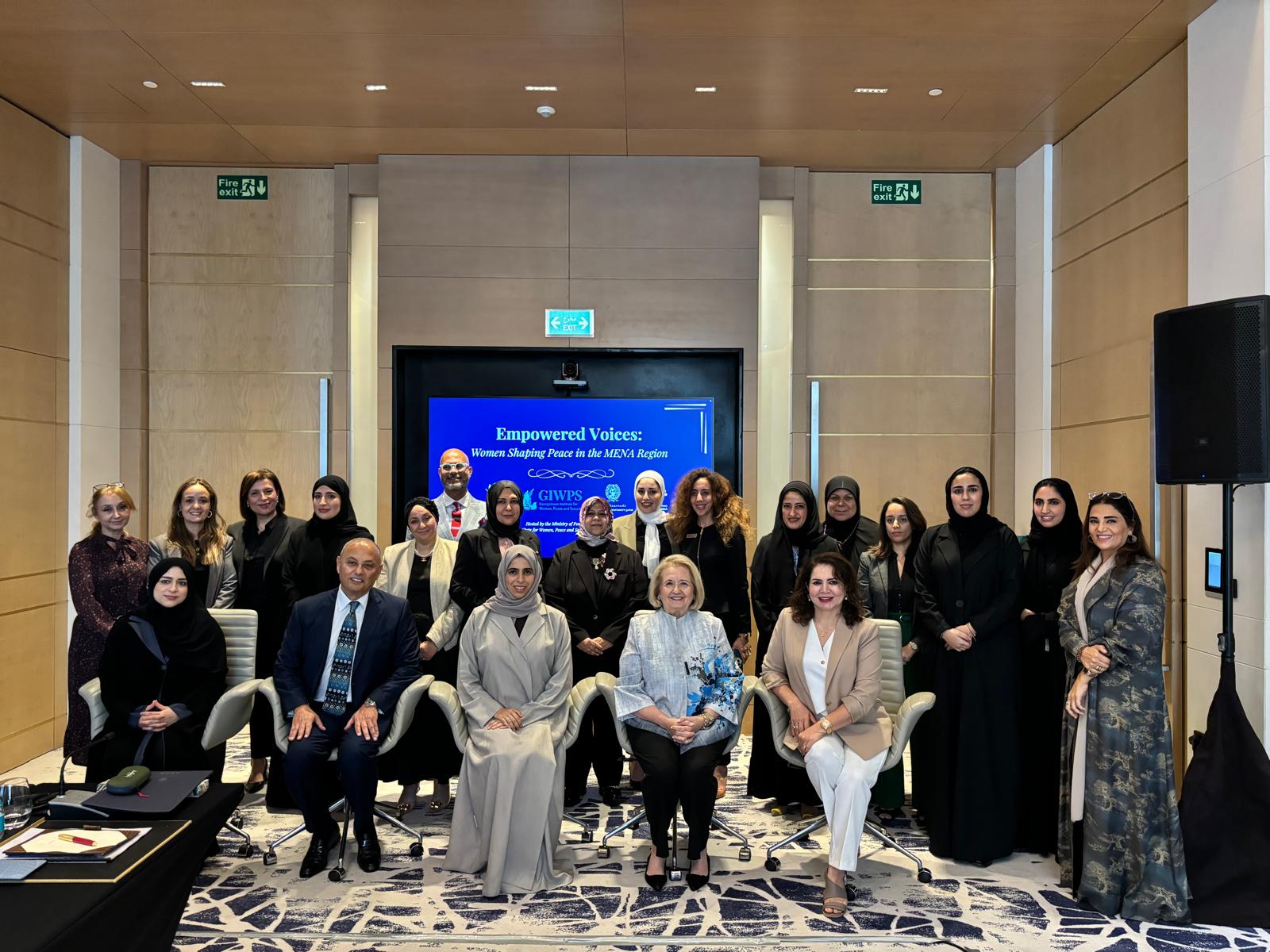
4. We supported Ukraine’s short and long-term recovery by working with the German government to organize a focus on women’s roles in Ukraine’s recovery at the donor conference in Berlin. We addressed the need for accountability for the crimes perpetrated against women in Afghanistan and Iran by supporting a convention on gender apartheid in testimony at the UN Human Rights Council and other forums. We also advocated for women’s participation in climate solutions by organizing events with women climate activists from around the globe at the UN Climate Change Conference (COP29) in Baku, Azerbaijan.
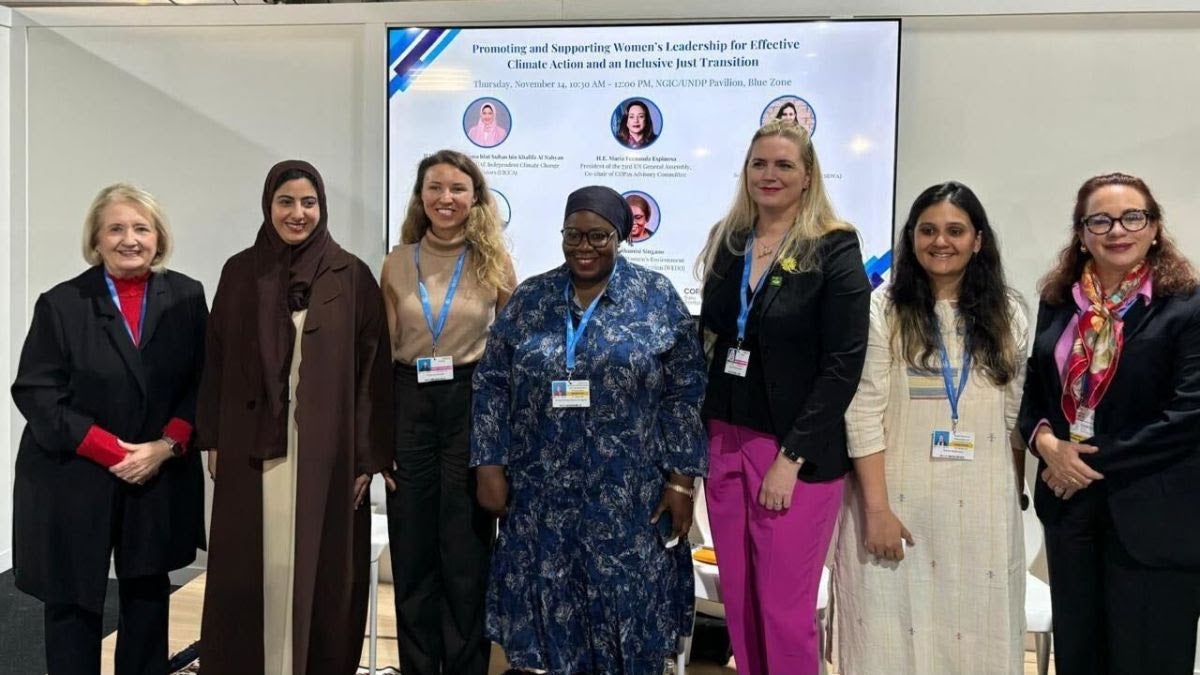
5. We supported the launch of regional Women, Peace and Security Centers of Excellence in Colombia, Kosovo, and the Philippines in partnership with the U.S. Department of State and fellow implementing partner the Gender Action for Peace and Security (GAPS) UK. The WPS Centers of Excellence initiative offers a mechanism to strengthen global WPS coordination and implementation efforts by drawing on the leadership and lessons learned across government, civil society, the private sector, and researchers. We also participated in the Sixth Capital-Level Meeting of the WPS Focal Points Network and briefed UN Member States on our analysis tracking progress toward WPS commitments.
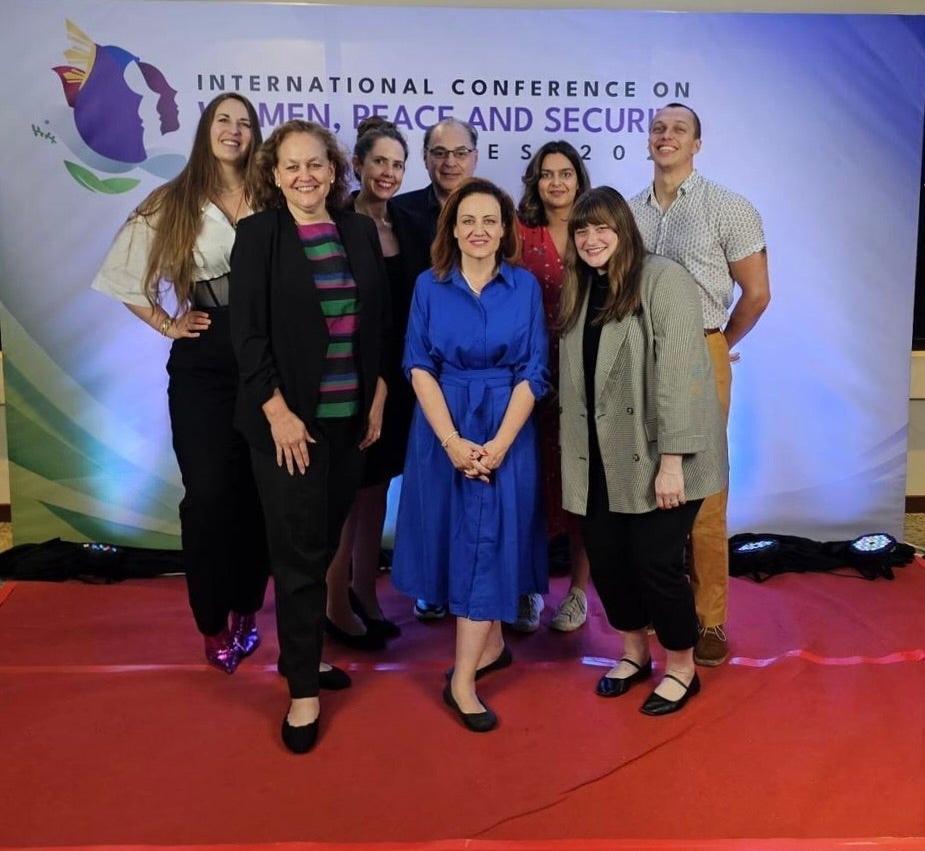
6. In our ongoing commitment to Georgetown’s students, we conferred the Graduate Certificate on Gender, Peace and Security to another cohort of Georgetown students. The certificate trained students on how to apply a gender lens to topics such as climate change, technology, conflict-related sexual violence (CRSV), and peace and security.
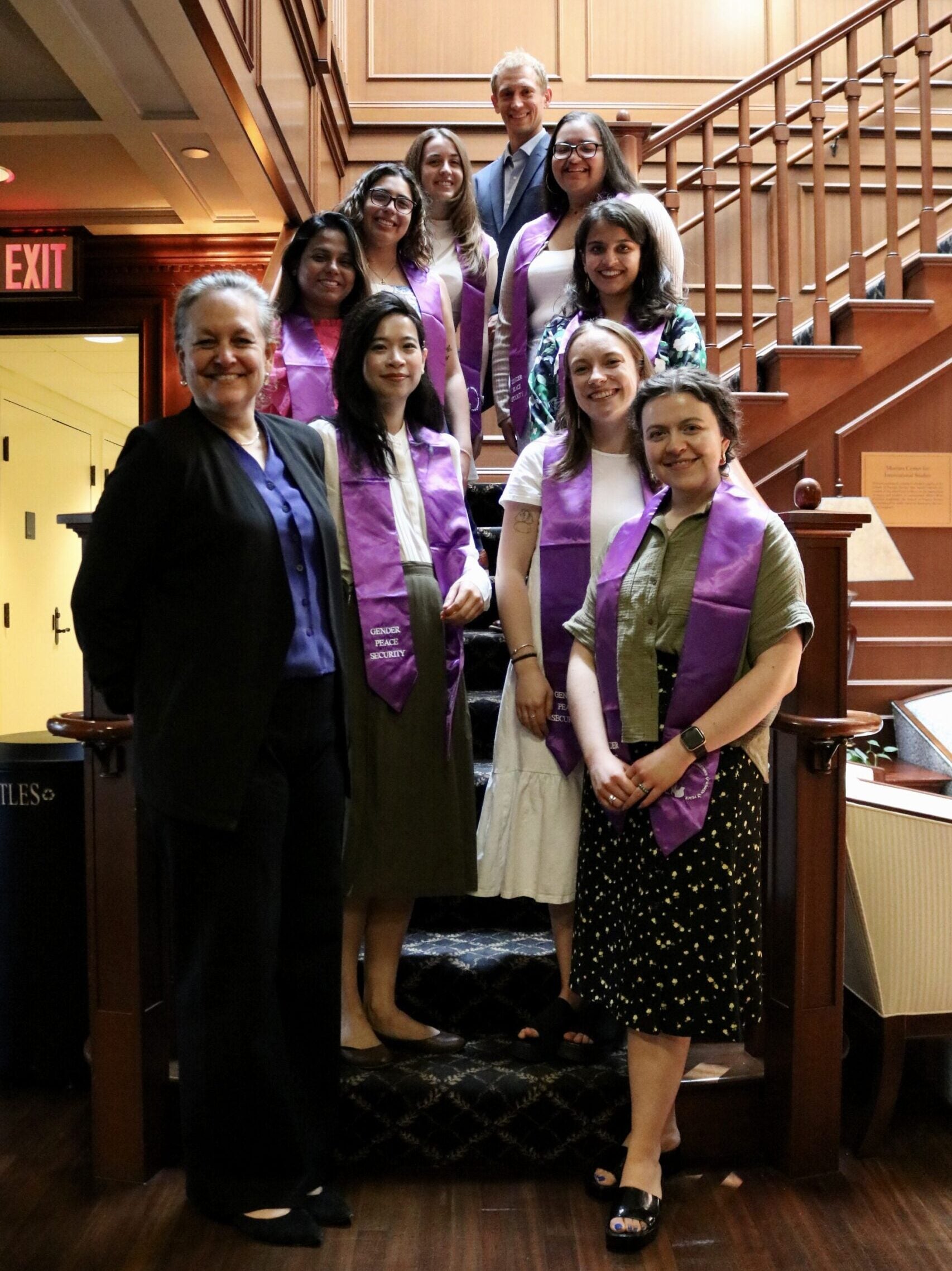
7. In an annual flagship event on Georgetown’s campus, we honored former female heads of state and government and two organizations—one from Israel and one from Palestine—who are working together across divisions to build peace with the 2024 Hillary Rodham Clinton Award for advancing women in peace and security.
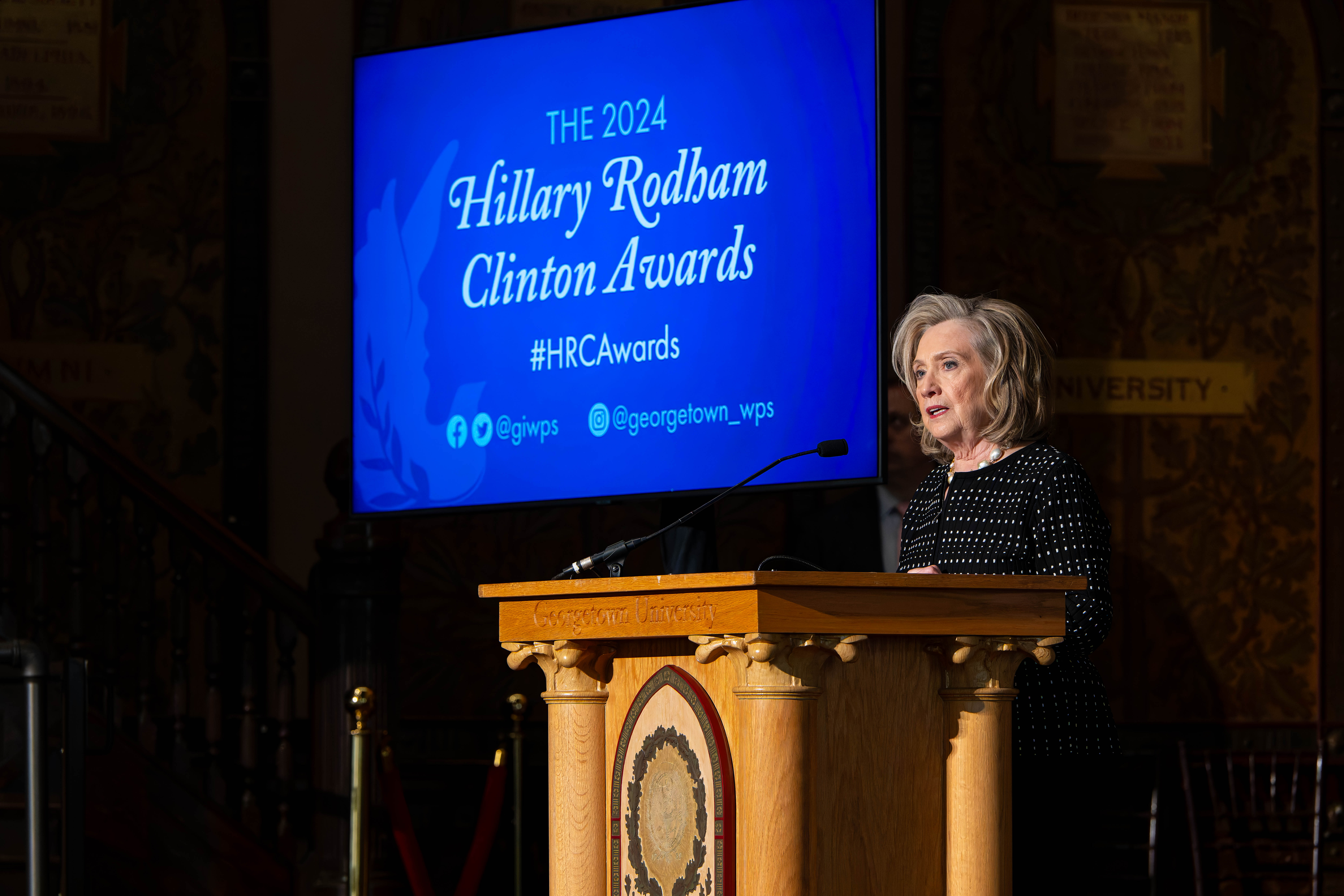
8. We published a new research report on conflict-related sexual violence based on insights from women across Bosnia-Herzegovina, Kosovo, Colombia, and Ukraine. Other reports and analysis published this year addressed technology-facilitated gender-based violence, women and climate, and more. We also held numerous briefings and participated in interviews around the globe on our premier publication—the Women, Peace & Security Index—which ranks the status of women in 177 countries. The Index is published biennially in partnership with the Norwegian government and PRIO. Stay tuned for the launch of the 2025/26 WPS Index next year!
9. Our students have benefited from and are inspired by the world leaders we have hosted on campus in both large events and intimate discussions. Among this year’s speakers have been Nobel Peace Prize winners Nadia Murad and Oleksandra Matviichuk; the former presidents of Lithuania and Estonia; the foreign minister of Myanmar’s National Unity Government; and the former head of the Human Rights Council of Afghanistan.
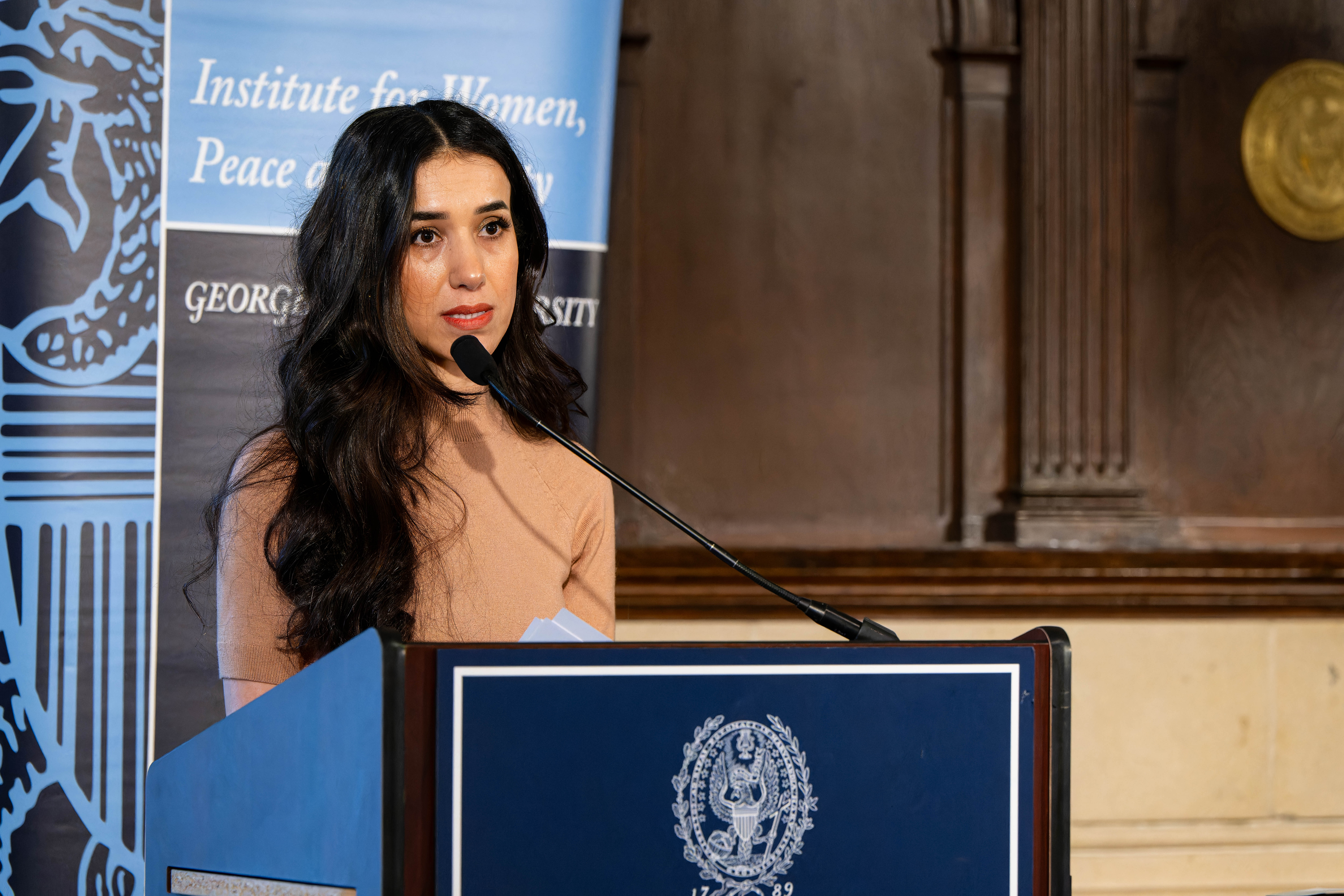
10. We have published articles in the mainstream press on subjects ranging from gender apartheid in Afghanistan. to the crisis in Haiti to the pro-democracy protests in Georgia. We have also been invited to speak on leadership platforms this year in Bosnia & Herzegovina, Germany, Indonesia, Ireland, Japan, Kenya, Kosovo, the Philippines, Poland, Qatar, Spain, Switzerland, the UK, and more. We are proud that the impact of our work is being recognized globally.
From all of us at GIWPS, thank you, happy holidays, and may there be peace on earth.
Explore More
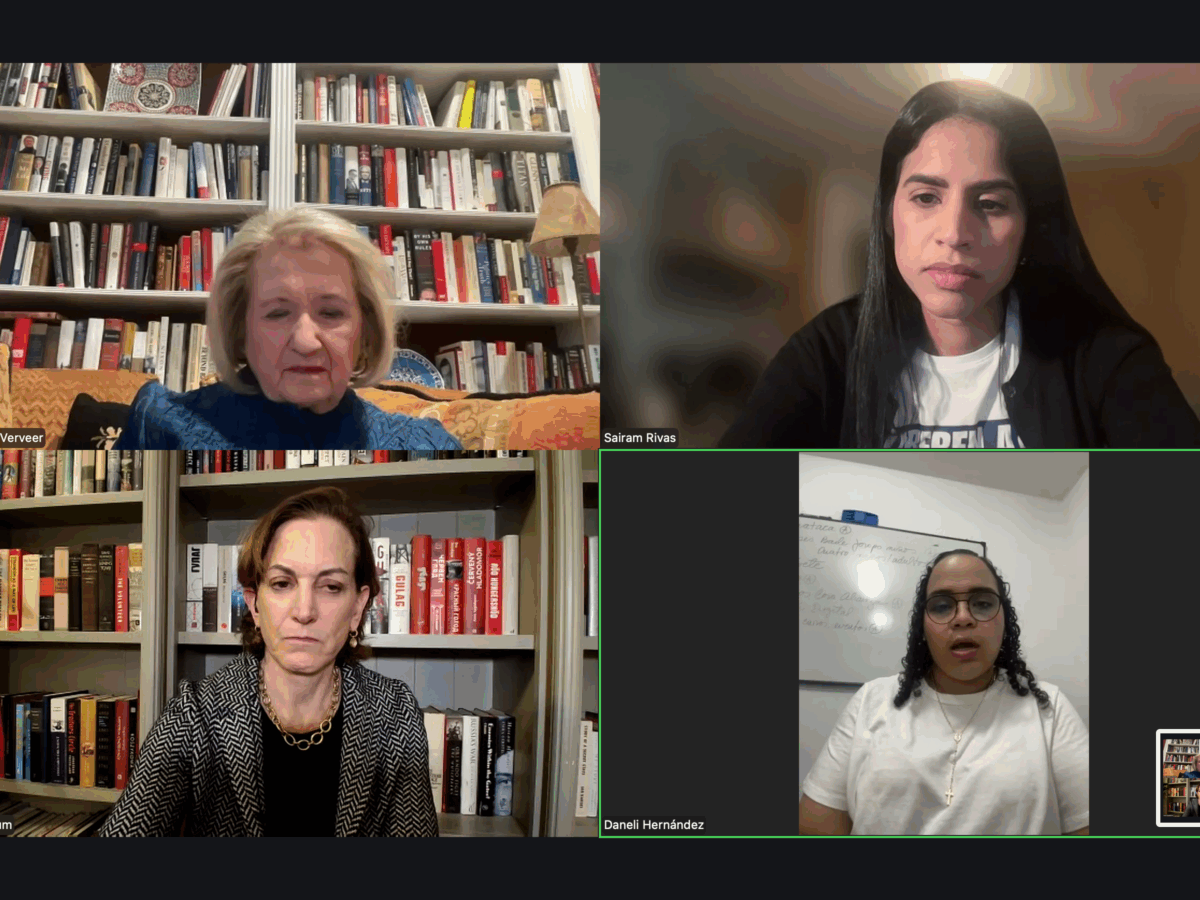
Acclaimed Journalist Anne Applebaum and Women Human Rights Defenders Discuss Implications of…
The people of Venezuela are uncertain about their political, social, and economic…
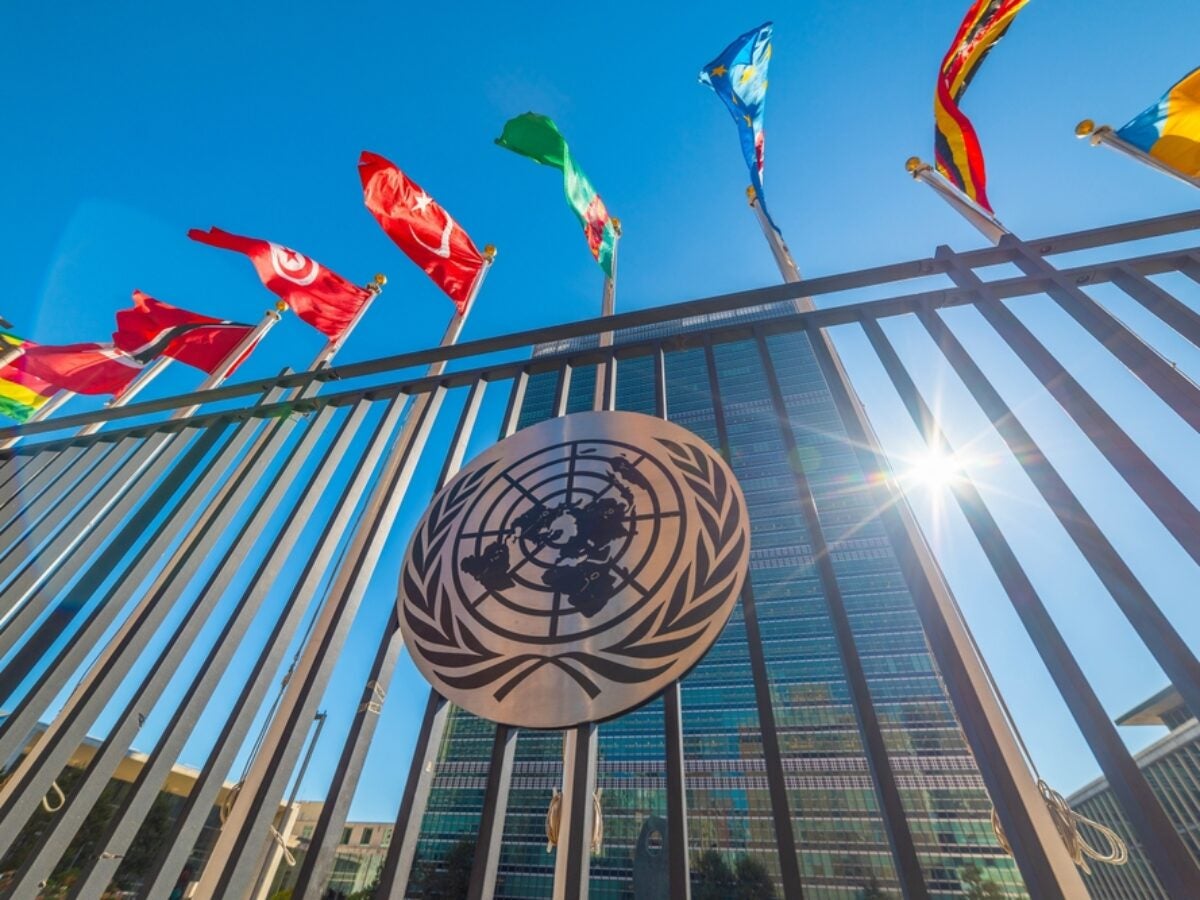
GIWPS Analysis: The US is Pulling Back from Multilateralism
This week, the White House issued a presidential memorandum announcing that the…
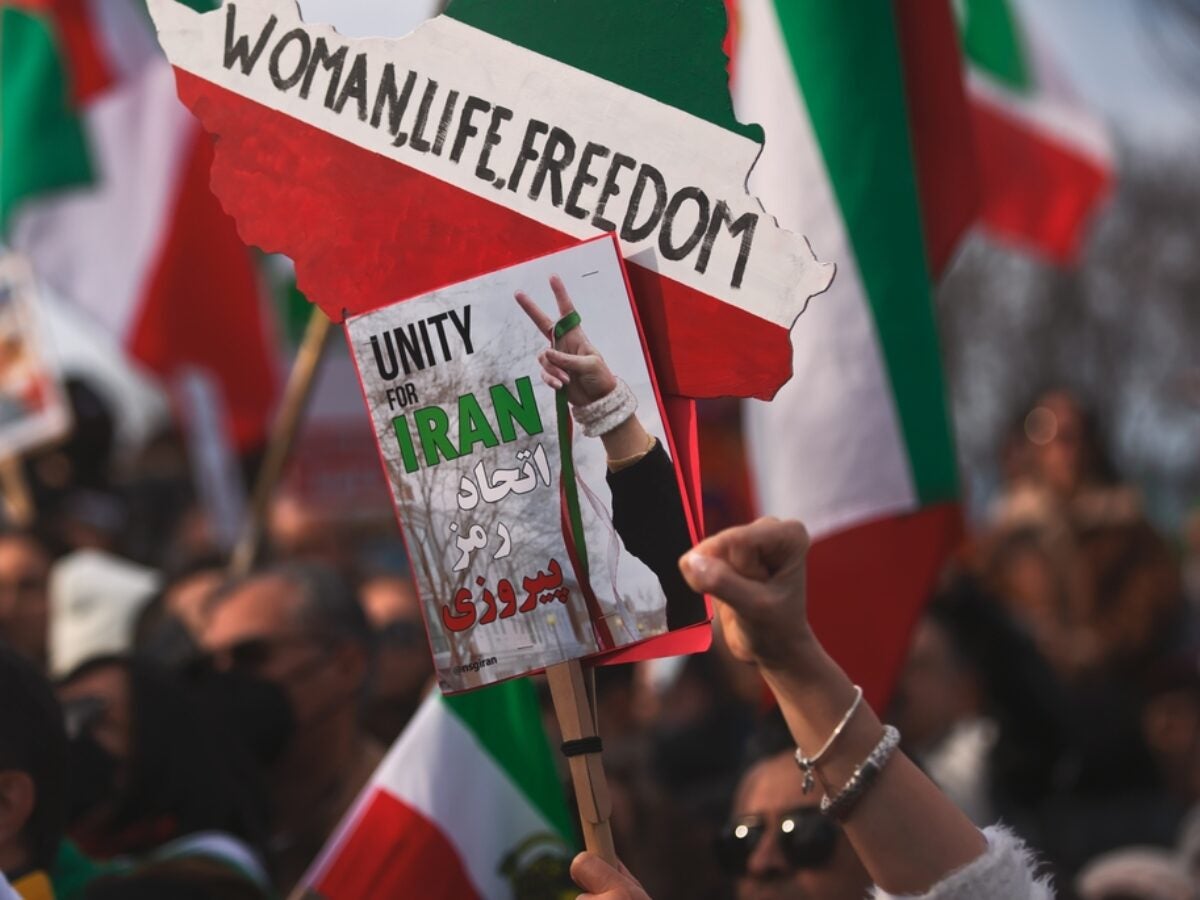
GIWPS Analysis: Iran’s Escalating Political Repression and the Arrest of Narges Mohammadi
Iranian authorities detained 2023 Nobel Peace Prize awardee Narges Mohammadi during a…